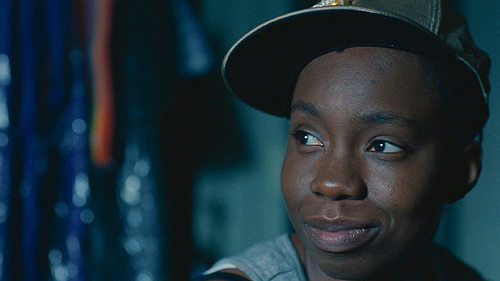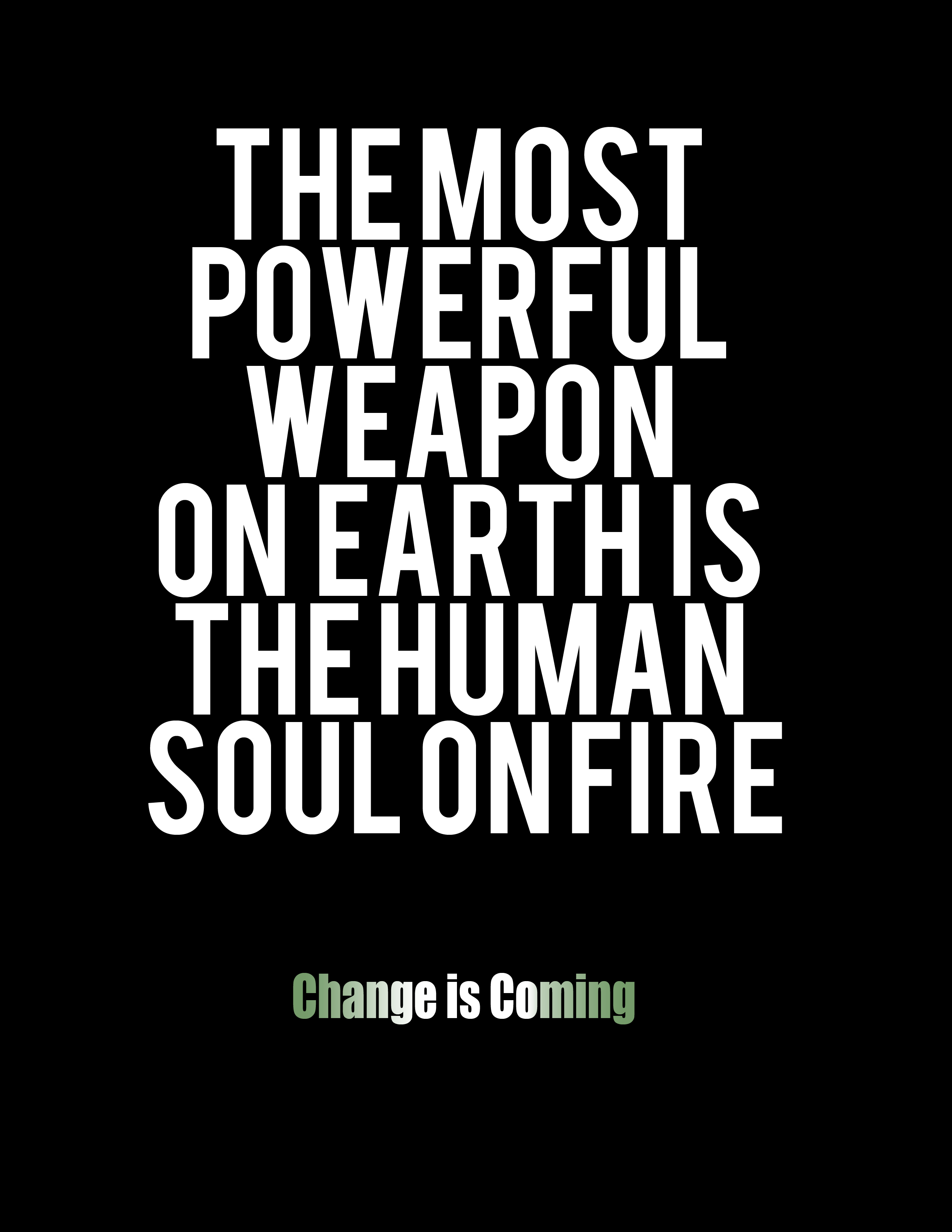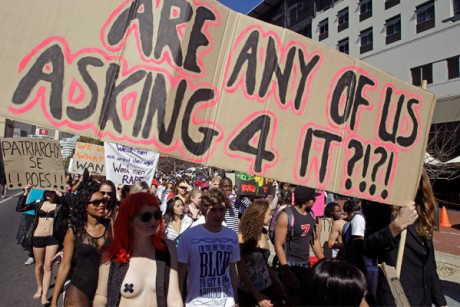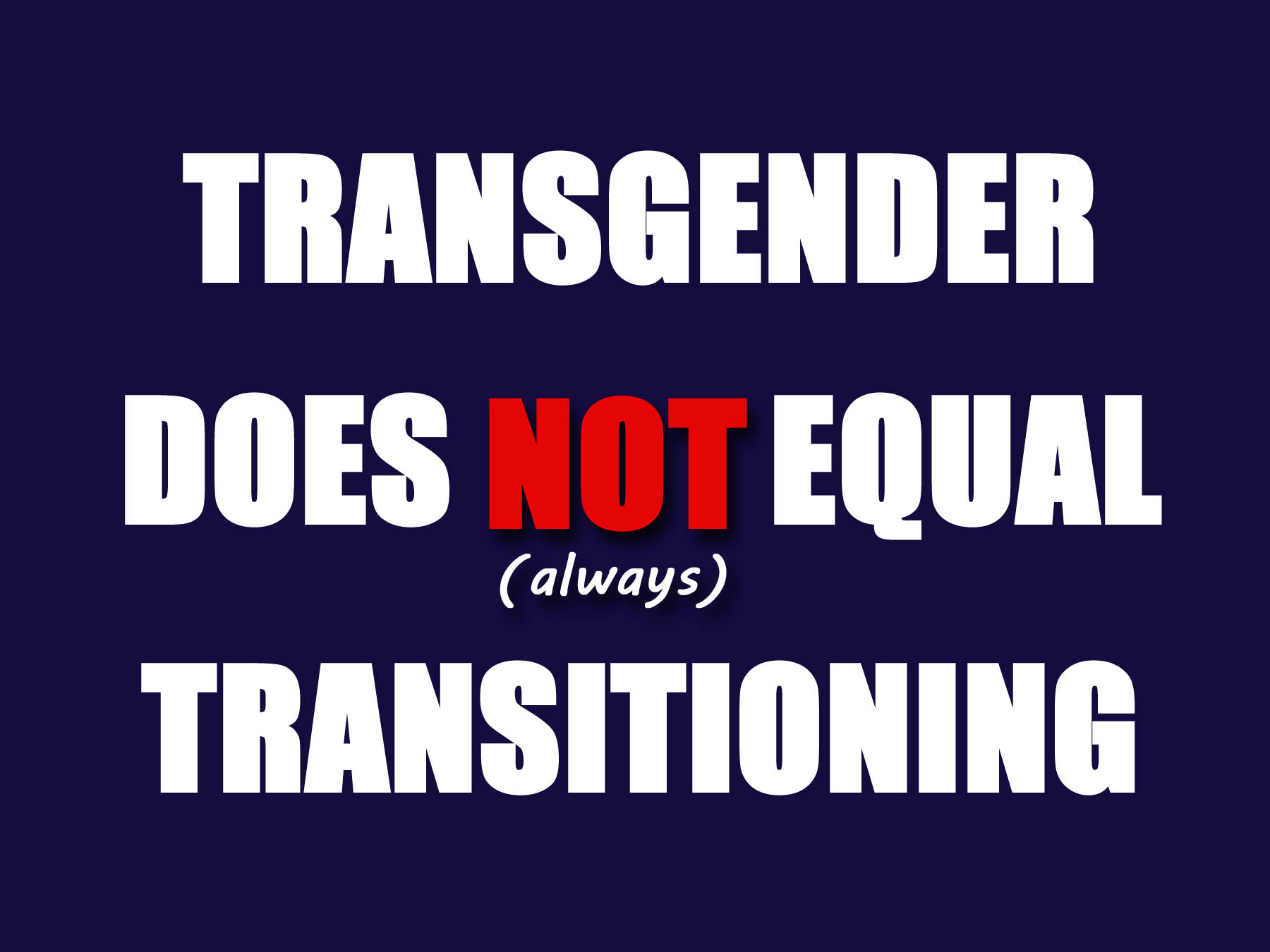Wait a minute, not all lesbians in movies are white, rich or middle-class with no bills to pay? You mean “life†doesn’t get put on pause so that all gay people can experience the thrill of coming out at summer camp? And, there are other LGBT issues worth talking about…
-
-
Open Letter to LGBT Nigerians and Diaspora: Stand Fast, Change is Coming
They are afraid, of our voices, of our power, of our resiliency. They are afraid of a younger generation of citizens, activists, and diaspora, and our collective belief in a more progressive Nigeria. They are afraid of our growing influence as we gather allies not just from the west, but…
-
Not Your Ordinary Thanksgiving: Reflections on Nigeria’s Anti-LGBT Bill (from a Gay Nigerian)
Today, as I await the news of Nigeria's latest anti-LGBT bill, I feel like an abandoned child who belongs nowhere -- it has nothing to do with not having a place to eat Turkey.
-
PSA For Transgender Awareness Week: Transgender Doesn’t (Always) Equal Transitioning
About a month ago, I wrote a write on my tumblr account in response to numerous inquiries from people right after I disclosed that I was gradually accepting a shift in my gender identity (i.e. feeling way more masculine than I do feminine) about when I would be transitioning. Na…
-
An Immigrant’s Halloween: Blackface, Ghetto Parties, and Disney Princesses
I actually want to have fun during Halloween this year. I don't want to feel constantly triggered by offensive costumes. I actually want to smile at kids when they come trick or treating. I want to carve my first pumpkin without being cheered on by coworkers in blackfaced Bob Marley…
Online rulet oyunları gerçek zamanlı oynanır ve online slot casino bu deneyimi canlı yayınlarla destekler.
Bahis sektöründe adından sıkça söz ettiren Bettilt kaliteyi ön planda tutuyor.
Adres engellerini aşmak isteyenler için pinco casino bağlantısı çözüm oluyor.




